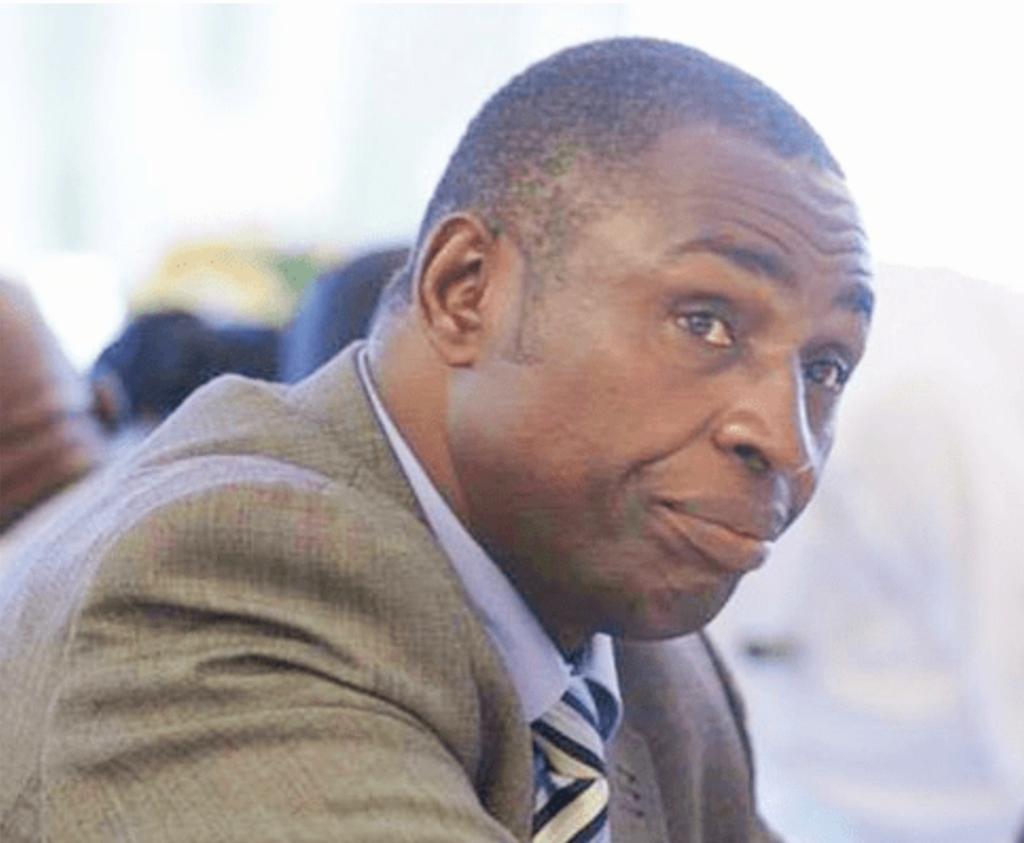|
Getting your Trinity Audio player ready…
|
Writes Nhau Mangirazi
Tobias Muchena, a member of the Apostolic Faith Mission of Zimbabwe (AFMOZ), that broke away from the Apostolic Faith Mission in Zimbabwe is still battling to accept the “hard news” of a potential split due to clashes among church elders.
“The general membership is unable to renew lost hope when Reverend Cossam Chiyangwa, the church president allegedly amended the constitution without elders in an attempt to remain in power. As we knew it, the church had its own set of rules over leadership renewal, ” he said.
According to recent reports, the AFM constitution calls for elections every three years to elect a new president and deputy president from among senior pastors. There was bad blood when some concerned pastors accused Chiangwa of trying to block elections and abandoned the constitution. After reaching the 65-year age cap, Chiyangwa was literally out of the succession matrix, forcing a revolt from his leadership’s inner circles.
Reverend Mathias Tsine, secretary general of the Federation For Indigenous Churches of Zimbabwe (FICZ) said the church has always turned a “blind eye ” to most of the things outside spirituality.
“The church has remained blind to the hereafter, ignoring the future of the church upon the promotion to glory of the presiding leader. It is at this juncture where disagreements over succession and inheritance take centre stage,” he said.
FICZ produced a constitution with a well-defined succession and inheritance policy.
“This has been resolved to be the solution to fights over the inheritance of both the church leadership and the properties. The role of the organization is then to ensure that those who remain adhere to the dictates of the particular church constitution.
“Unfortunately, we have other scenarios where properties, instead of being registered in the name of the church, are registered in the name of individuals, especially the current leader. We have denominations that operate as if they are personal entities where everything seemingly belongs to the leader. In the absence of a constitution, a will, or when the constitution is silent on this subject, chaos is likely to be the eventuality, ” explained Rev Tsine.
“The church constitution composition is not reminiscent of a family setup where inheritance is part and parcel of a funeral and soon thereafter.
“Inheritance is rarely a pulpit message, particularly on church property and leadership. This topic remains sacred given that it has a lot of negative misinterpretations. The traditional role of the church is to preach about repentance, live a Christ-like life, and inherit the Kingdom of Heaven, with great emphasis on abstaining from the love of earth properties and wealth. It is against this background that the notion ‘matambudziko panyika rugare kudenga’ manifested, ‘ he added.
Tsine further explained some churches have gone beyond this trajectory and focus on the prosperity gospel and others are emphasizing the establishment of infrastructure and other economic activities within their establishment.
Supreme Council of Islamic Affairs in Zimbabwe secretary general, Sheikh Asani Bwanali added his voice saying church properties, depend on who acquired the properties and registered in whose name.
“There are some individuals who acquire the church property and decide that he or she control the property to safeguard it. Some properties are bought by donors on behalf of the community, then that property again will remain community property and no one will claim ownership of it. If the organisation is dissolved it will go to Wakaf. In Arabic, it means to the public, a trustee board will be established and will benefit the community,” he said.
“If there is a constitution written by the organisation, then the clause on the dissolution will be followed to help solve the issue, ” he concluded.
The United Apostolic Faith Church leader, Arch Bishop Busani Sibanda agreed that churches have not been spared over inheritance wrangles.
“Churches must also have clear constitutions that are also in tandem with the supreme law of the land (Zimbabwe constitution)
It must be clear on succession issues, spell out what belongs to the church and what belongs to the leaders of the church,” he said.
“The leaders and members must be reminded of the constitution during all big festivals so that they are not shocked to hear of issues of inheritance once the leader is dead and hear for the first time that what they thought is for the church is for the leader and his family, ” added Sibanda.
He further explained that churches play a pivotal role in unifying communities.
“Churches are there to foster the spirit of oneness and living as one family. We need to share and care for each other during hard and better times,” Sibanda further said.
“We are against greediness and selfishness while fighting for equality, justice, and even distribution of assets, accommodating, education, and loving each other,” the church leader said.
Inheritance challenges have not spared some churches that remain entangled in disputes over properties.
Nhau Mangirazi can be reached by email nmangirazi@gmail.com
